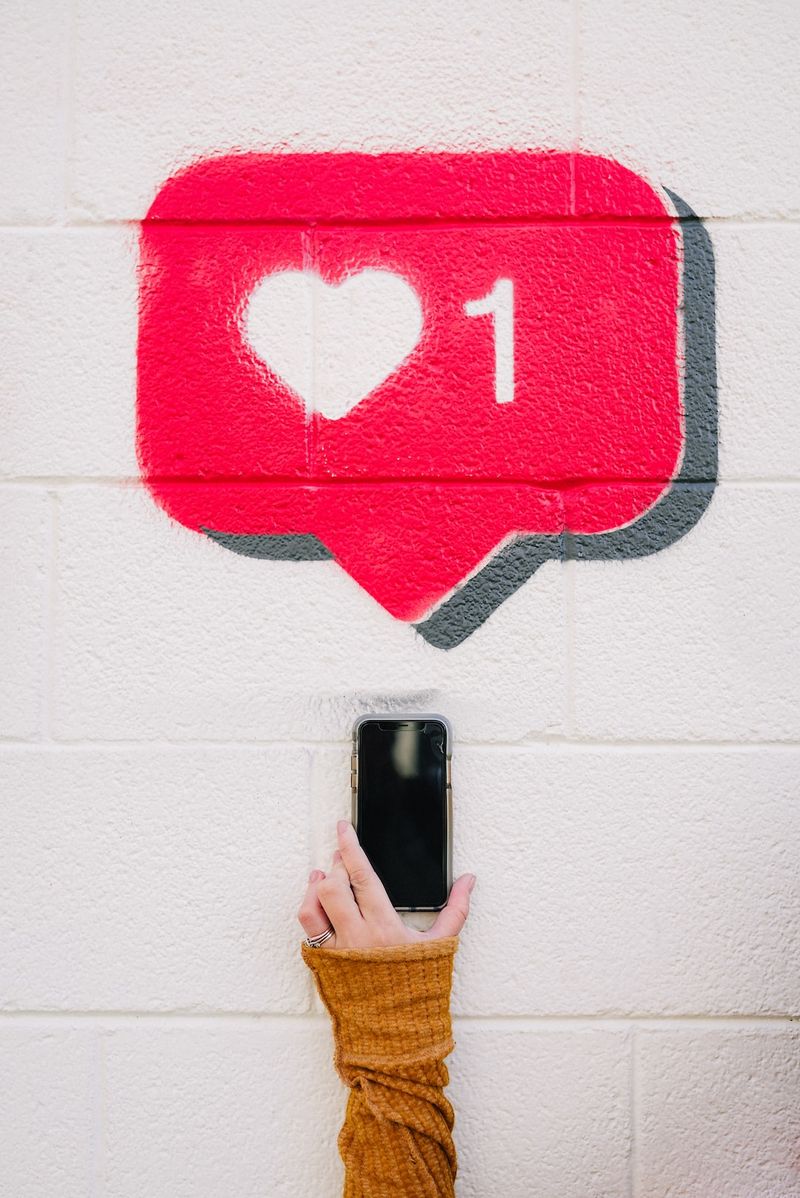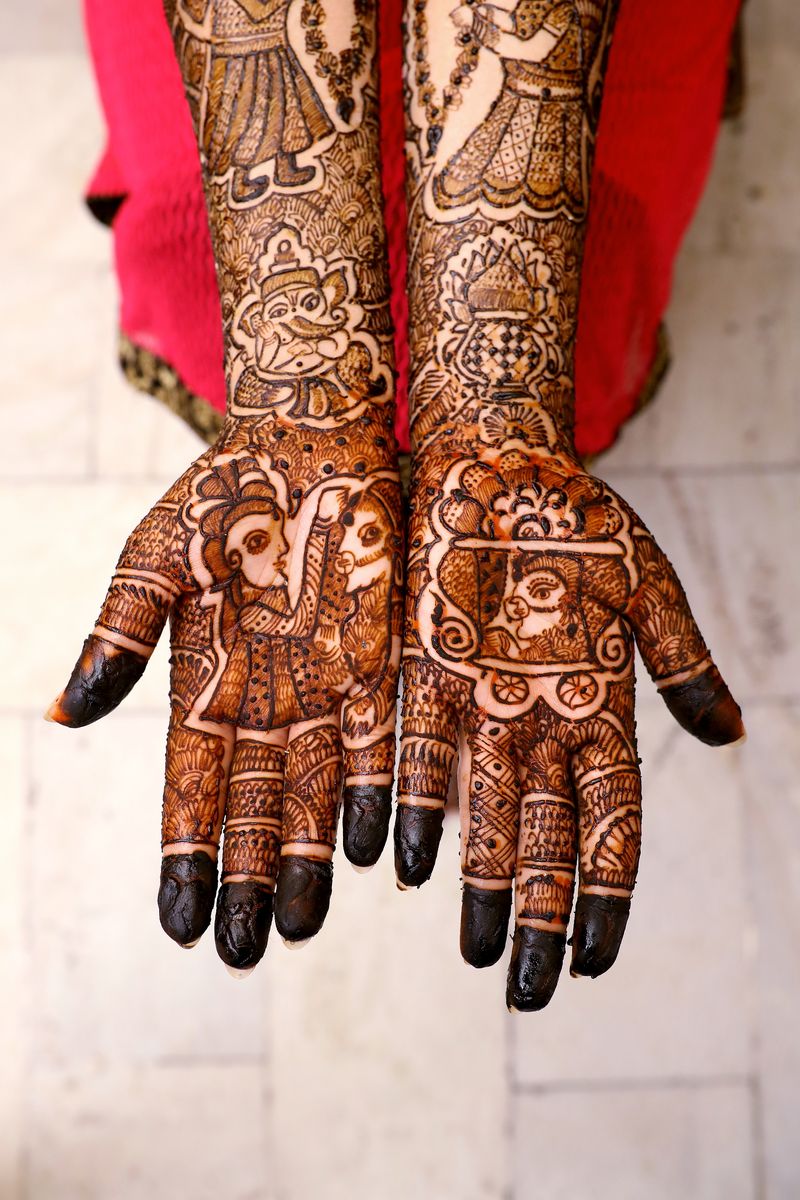Introduction
France has been engulfed in a wave of protests following the shooting of a 17-year-old youth by police near Paris. The incident has reignited a long-standing debate on overpolicing and discrimination against marginalized communities in the country. Scenes of violence and clashes between protesters and riot police have dominated the headlines, leading to a crisis response from President Emmanuel Macron as he seeks to unite the country during his second term. This report aims to provide an overview of the situation, discuss its implications for Macron’s leadership, and examine the underlying factors that led to the unrest.
What Sparked the Protests?
The protests were triggered by the fatal police shooting of 17-year-old Nahel, who was of Algerian heritage, during a traffic stop in the Paris suburb of Nanterre. Video footage captured by a passerby showed two officers standing on the driver’s side of the car, one of whom fired his gun at the driver despite no immediate threat being apparent. The officer claimed he acted out of fear that the boy would run someone over with the car. Nanterre prosecutor Pascal Prache stated that it is believed the officer acted illegally in using his weapon. The officer is currently under investigation for voluntary homicide and has been placed in preliminary detention.
Unrest and Response
The shooting of Nahel sparked widespread anger and led to successive nights of violence across France. President Macron held emergency meetings with his ministers, describing the situation as “unacceptable” and “unjustifiable.” He called for parents to take responsibility for their children and keep them at home, as a significant number of those detained overnight were young individuals. Macron also urged social media platforms such as TikTok and Snapchat to remove “sensitive content” and identify users promoting disorder or inciting violence. In response to the unrest, Macron announced a ban on all “large-scale events” in France, including celebrations and gatherings.
Implications for Macron’s Leadership
The protests and violence present a significant challenge to Macron’s leadership as he seeks to unite the country and address deep-rooted social issues. Macron’s swift response, including the emergency meetings and ban on large-scale events, reflects his recognition of the gravity of the situation. His call for parents to keep their children at home highlights the need for individual responsibility in preventing further unrest. However, Macron will face criticism from both sides of the political spectrum. Critics will argue that his government has failed to address long-standing issues of police discrimination and social inequality, while others may accuse him of using heavy-handed tactics to suppress dissent. The coming weeks will be a test of Macron’s ability to maintain unity and bridge the divisions within French society.
Underlying Factors: Policing and Discrimination
The unrest following Nahel’s death has exposed deep-rooted tensions over police discrimination against minoritized communities in France. While the principle of secularism, known as “laïcité” in French, seeks to uphold equality by erasing markers of difference including race, many people of color argue that they are more likely to be victims of police brutality than White individuals. A 2017 study by the Rights Defenders, an independent human rights watchdog in France, found that young men perceived to be Black or Arab were 20 times more likely to be stopped by police than their peers. Activists believe that Nahel’s race played a role in his killing, and have called for the government to address systemic racism and discrimination within law enforcement.
The UN’s Call for Action
The United Nations recently called on France to address “deep issues of racism and discrimination in law enforcement,” expressing concern over the killing of Nahel. In response, the French Ministry of Foreign Affairs reiterated the country’s commitment to fighting against racism and discrimination, stating that the use of force by the police is strictly regulated and controlled. The UN’s call for action underscores the need for France to grapple with its long-standing issues of racial inequality and discrimination, acknowledging that the protests are not isolated incidents but rather a symptom of deeper societal challenges that must be addressed.
Travel Advisory and Safety
The ongoing protests and unrest in France have prompted concerns regarding travel safety. Several countries have issued warnings and advisories for travelers visiting France. The US State Department has issued a security alert, advising individuals to monitor media outlets and stay informed about developments. The UK and Germany have also urged their citizens to monitor the situation and avoid areas where riots are taking place. While public transportation in some parts of the country has been disrupted, intercity trains and the Eurostar service between London, Lille, and Paris remain unaffected. Travelers should remain vigilant and stay informed about local conditions when planning their visits to France.
Conclusion and Recommendations
The protests and violence in France following the police shooting of Nahel underscore deep-seated issues of police discrimination and inequality within the country. President Macron faces the challenge of addressing these underlying problems while maintaining unity and social cohesion. It is crucial for the government to engage in meaningful dialogue with activists and communities affected by discrimination, and to take concrete steps towards systemic change within law enforcement. Additionally, efforts should be made to rebuild trust between police and marginalized communities through community policing initiatives and accountability measures. France must seize this moment to confront its own biases and work towards a more inclusive and just society. Travelers should exercise caution and stay informed about the evolving situation in France while making their travel plans.

<< photo by Alexey Komissarov >>
The image is for illustrative purposes only and does not depict the actual situation.
You might want to read !
- The Big Move: Blackhawks Secure Corey Perry’s Rights in Unprecedented Trade
- The Rise of David Kampf: Toronto Maple Leafs Secure Key Player for the Future
- Canadian Impact: Nick Foligno joins Blackhawks on a one-year deal
- SEC’s Use of In-House Judges Faces US Supreme Court Review, Raising Questions on Fairness and Impartiality
- “Exploring the Underwater Mystery: Recovered ‘Presumed Human Remains’ Alongside Titan Submersible Debris”
- Canada’s Unprecedented Wildfires: François Legault Expresses Concern
- Exploring the Rich Traditions and Rituals of Eid Al-Adha in Canada
- “North Korea’s Provocative Display: A Terrifying Reminder of Korean War Anniversary”
- Rising Tensions: North Koreans Rally Against the U.S. on Korean War Anniversary
- Olivia Rodrigo Releases Captivating Music Video for New Single “Vampire”: Watch
- “Electing Fools: Liz Cheney Warns of GOP Split if Trump…”
- Biden Issues Statement on Anniversary of Landmark…




